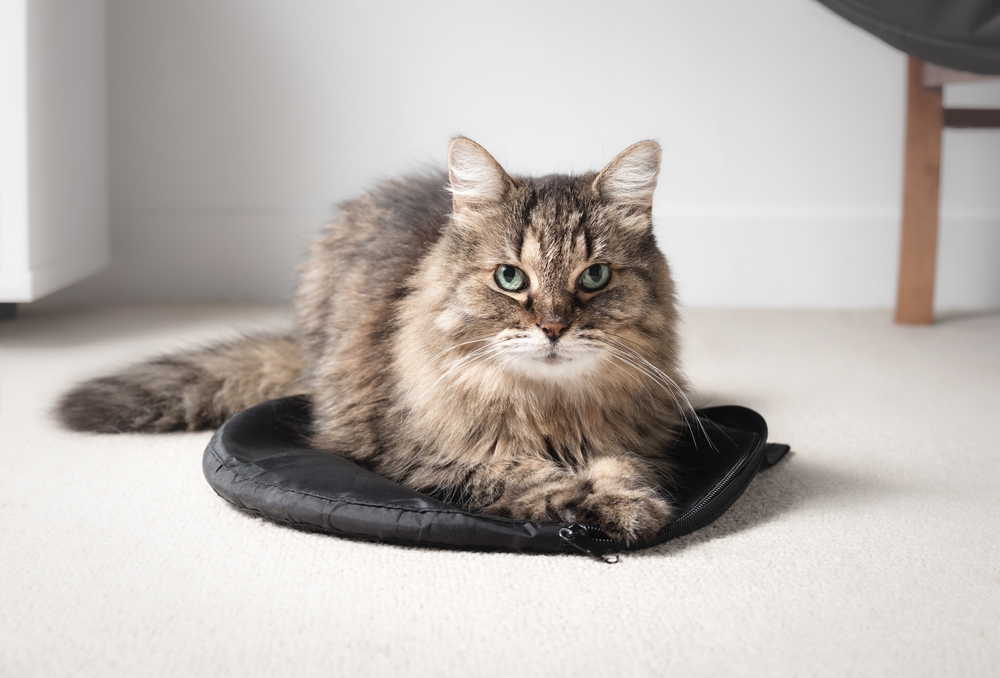How to Care for Your Senior Cat
Our pets need different levels of care during various stages of life. When you agree to take a pet into your home, this means you are prepared to offer this care as they age. Senior cats require a different level of care than kittens or adult cats, but what does that mean, exactly? The team at Oakland Veterinary Referral Services is here to help you figure out how to care for your senior cat.

Increase Wellness Visits
Since older cats are at a higher risk of developing certain health concerns, we recommend increasing your wellness visits to at least two a year once your kitty reaches the senior years. This is typically around year 7 or so, but your veterinarian will be able to give you a better idea of when to start increasing your cat’s number of veterinary visits. These increased visits give your vet the chance to monitor important health markers so they can tell when something changes. The earlier they can spot potential issues, the better chance they have to find a solution before it worsens.
Provide Proper Nutrition
Senior cats have different nutritional requirements than cats at other life stages, and it is important to give them food that contains what they need. Talk to your veterinarian about the best kind of food for your senior cat. Your veterinarian might also recommend adding some additional supplements that provide even more nutritional value. Always keep fresh, clean water readily available.
Keep them Physically and Mentally Engaged
Just because cats slow down in their senior years does not mean they need to avoid exercise entirely. Encourage your older cat to be somewhat physically active with toys like scratching posts or interactive puzzles. The more active your cat stays physically and mentally, the better he or she will feel overall.
Consider Your Environment
You might need to make a few changes to your home to make the environment as comfortable as possible for your senior cat. Make sure the litter box is easily accessible, even if your cat has mobility issues. If the cat needs a little extra help, you might want to consider adding a ramp. Make sure the litter box is cleaned often. Keep your cat’s older body comfy with a padded bed. You might even want to invest in a heated cat bed to ensure he or she is extra cozy.
Pay Attention
You know your cat best, so if you see something that seems odd, you should call your veterinarian. Any changes in behavior could be a sign that something has changed with your cat’s health. Keep a note of anything that seems amiss, including:
- Changes in appetite
- Changes in urination
- Changes in thirst
- Cognitive decline
- Personality changes
The more information you give your veterinary team, the better. These are best practice ways of how to care for your senior cat.
At OVRS, caring for pets is our business. We want to help you provide the best life for your animals from their first few months all the way to their senior years. We offer a variety of specialty and emergency veterinary services. Call (248) 334-6877 to learn more.


